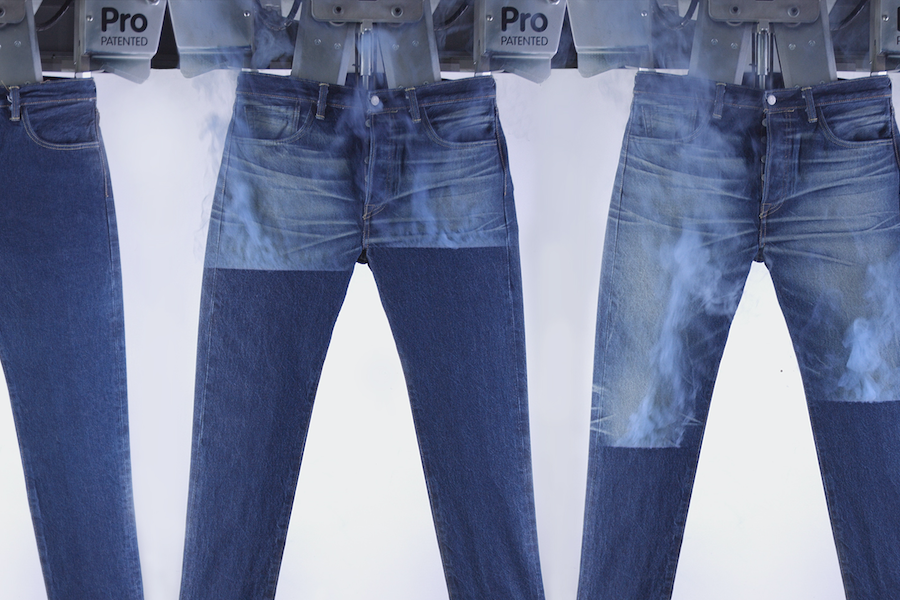#Textile chemistry
PFAS: TÜV Rheinland expands global testing capabilities
In view of increasing demand for PFAS testing services, TÜV Rheinland is expanding its testing capacities worldwide (photo: TÜV Rheinland).
The chemical ban on PFAS in many countries in the world poses new challenges for manufacturers and retailers and requires a lot of development and testing. Companies that manufacture, trade or import products will need to monitor and reduce PFAS. TÜV Rheinland is helping companies prepare for changes in legislation by providing accurate chemical analysis. "This enables companies to adapt to changes in the legal situation at an early stage, establish responsible action as a quality feature and thus remain competitive," explains Steffen Tümptner, an expert at TÜV Rheinland.
PFAS in industry – further restrictions on the horizon
In the EU, several classes of PFAS are already subject to restrictions, for example under the REACH and POP regulations. In September 2024, EU Regulation 2024/2462 was adopted, which will phase in bans on PFHxA (C6 PFAS) in certain applications over a five-year period. This includes a ban on PFAS in clothing, footwear, paper and board in contact with food and in cosmetics from October 2026. From October 2027, the ban will be extended to other textiles and leather products. European authorities are currently considering further restrictions that could cover more and more PFAS in the long term. The US authorities are also taking far-reaching action to restrict PFAS at the national level. In April 2024, the US Environmental Protection Agency (EPA) issued nationwide limits for six groups of substances in tap water, making them among the strictest in the world.
Accurate analysis and expert advice from TÜV Rheinland
TÜV Rheinland's testing packages, training and on-site audits provide the tools needed to analyse products, find suitable alternatives and ensure more sustainable production. More information on PFAS for interested parties and companies is available at: www.tuv.com/pfas










